Drug addiction is a complex and challenging condition that affects millions of individuals worldwide. Fortunately, there are various types of treatment available to help those struggling with addiction. In this article, we will delve into the different types of treatment for drug addiction, ranging from behavioural therapies to medication-assisted treatments.
Table of Contents
Understanding Drug Addiction
Drug addiction, or substance use disorder, is a chronic, complex disease condition characterized by compulsive drug seeking and use despite harmful consequences. It alters the brain's structure and function, leading to intense cravings, loss of control over drug use, and withdrawal symptoms when drug use is discontinued.
Addiction can impair various aspects of a person's life, including relationships, work, mental disorders, and overall health. Treatment for addiction involves a combination of therapies aimed at addressing the physical, psychological, and social aspects of the condition, helping individuals achieve and maintain abstinence while improving their quality of life.
Causes of Drug Addiction
A myriad of factors, including biological, psychological, and environmental elements, influence drug addiction. Genetics plays a significant role, as certain genetic variations can predispose individuals to addiction by affecting the brain's reward system and how it responds to drugs. Additionally, alterations in brain chemistry resulting from repeated drug use can lead to physical dependence and addiction.
Psychological factors, such as trauma, stress, and mental health disorders, can also have a negative impact, as individuals may turn to substances as a coping mechanism to alleviate emotional pain or distress.
Environmental influences, such as peer pressure, exposure to drugs, domestic violence, and socioeconomic factors, can further increase the risk of addiction, particularly during critical developmental stages like adolescence.
Effects of Drug Addiction
The effects of drug addiction are wide-ranging and extend beyond the individual to impact their physical health, mental well-being, and social relationships. Physically, drug addiction can lead to a host of chronic diseases, including cardiovascular problems, respiratory issues, liver damage, and increased susceptibility to infectious diseases.
Mental health is also profoundly affected, with addiction often exacerbating or triggering conditions such as depression, anxiety, psychosis, and personality disorders. Socially, drug addiction strains relationships with family, friends, and colleagues, often resulting in isolation, alienation, and conflict.
People with addictions may prioritize drug use over responsibilities, leading to job loss, financial instability, and legal troubles. Additionally, drug addiction can have broader societal implications, including increased healthcare costs, strain on social services, and crime-related expenses. Overall, the effects of drug addiction are far-reaching and underscore the urgent need for comprehensive prevention, intervention, and treatment efforts.
You Might Be Interested In: From Embarrassment to Empowerment: Understanding Porn Addiction with Dr Paula Hall
Types of Drug Addiction
People with substance use can manifest in various forms, often categorized based on the type of substance involved. Here are some common types of drug addiction:
Alcohol Addiction (Alcohol Use Disorder): Alcohol addiction involves the compulsive consumption of alcoholic beverages despite negative consequences on physical health, mental health conditions, and social relationships.
Opioid Addiction: Opioid addiction encompasses the misuse of prescription painkillers or illicit opioids such as heroin. Opioid addiction can lead to dependence, tolerance, and severe withdrawal symptoms.
Stimulant Addiction: Stimulant addiction involves the misuse of drugs such as cocaine and methamphetamine and prescription stimulants like Adderall or Ritalin. Stimulants increase alertness, energy, and euphoria, but long-term use can lead to addiction and adverse health effects.
Cannabis Addiction: Cannabis addiction, also known as marijuana use disorder, involves the compulsive use of marijuana despite negative consequences on physical health, mental functioning, and overall well-being.
Sedative-Hypnotic Addiction: Sedative-hypnotic addiction involves the misuse of prescription medications such as benzodiazepines (e.g., Xanax, Valium) or non-benzodiazepine sedative-hypnotics (e.g., Ambien, Lunesta). These drugs are commonly prescribed for anxiety, insomnia, and other sleep disorders but can lead to addiction if misused.
Hallucinogen Addiction: Hallucinogen addiction involves the compulsive use of drugs such as LSD, psilocybin mushrooms, or MDMA (ecstasy). While hallucinogens are not typically considered physically addictive, some individuals may develop a psychological dependence on these substances.
Inhalant Addiction: Inhalant addiction involves the misuse of household or industrial chemicals, solvents, or aerosols to achieve intoxication. Inhalant abuse can lead to severe chronic conditions and even death.
Polydrug Addiction: Polydrug addiction refers to the simultaneous misuse of multiple substances, which can increase the risk of overdose, adverse drug interactions, and other complications.
Types of Treatment for Drug Addiction
Drug addiction treatment can vary depending on several factors, including the individual's level of care needed, the specific substances involved, dosage, and the severity of addiction. Here are some common types of drug addiction treatment options tailored to different levels of care and individual needs:
Detoxification (Detox): Detox is typically the first step in the addiction treatment plan and involves the process of safely removing drugs or alcohol from the body. This can be done in an inpatient or outpatient setting, depending on the severity of withdrawal symptoms and the level of medical supervision required. Medical detox may involve the use of medications to manage ongoing treatment and withdrawal symptoms and ensure a safe and comfortable recovery process.
Inpatient/Residential Treatment: Inpatient programs commonly provide treatment options ranging from 30 to 90 days, with the possibility of extension based on individual requirements. These treatment programs provide intensive, round-the-clock care in structured rehab facilities. These residential programs are suitable for individuals with severe addiction or those who require a high level of support and supervision. Inpatient rehab typically includes individual therapy, group counselling, medication management, recreational activities, and other therapeutic interventions tailored to meet the individual's needs.
Partial Hospitalization Program (PHP): PHPs offer a step-down level of care for individuals who do not require 24-hour supervision but still need intensive treatment. Participants attend treatment sessions during the day and return home or to a sober living facility in the evenings. PHPs typically offer a range of therapeutic services, including individual therapy, group counselling, medication management, and educational workshops.
Intensive Outpatient Program (IOP): IOPs are an effective treatment for individuals to live at home and maintain their daily responsibilities. Participants attend treatment sessions several times per week, typically in the evenings or on weekends. IOPs offer a combination of individual therapy, group counselling, relapse prevention education, and other mental health professional services to help individuals achieve and maintain sobriety.
Outpatient Treatment: Outpatient rehab drug treatment programs offer the most flexibility and allow individuals to receive treatment while continuing to live at home and attend work or school. The outpatient basis may consist of individual therapy, group counselling, medical care, medication management by health care providers, and other supportive services tailored to the individual's needs and schedule.
It's important for individuals seeking addiction treatment programs to undergo a comprehensive assessment to determine the most appropriate level of care and treatment approach based on their unique needs, preferences, and circumstances. A personalized substance abuse treatment program tailored by a medical professional to the individual's specific substance use, dosage, and level of addiction can maximize the chances of successful recovery and long-term sobriety.
Evidence-Based Therapy
Evidence-based therapy for drug addiction refers to therapeutic approaches that have been rigorously researched and proven effective through scientific studies and clinical trials. These therapies are grounded in empirical evidence and are recommended as best practices for treating substance use disorders to help people in recovery. Some common evidence-based therapies for drug addiction include:
Cognitive Behavioral Therapy (CBT): CBT is a widely used therapy that focuses on identifying and changing negative thought patterns and behaviours related to drug use. It helps individuals develop coping strategies to manage physical symptoms, addictive behaviour, and cravings, avoid triggers, and prevent the risk of relapse.
Contingency Management (CM): CM is a behavioural therapy that uses positive reinforcement to encourage abstinence from drugs. Individuals receive rewards or incentives for meeting treatment goals, such as attending therapy sessions, passing drug tests, or achieving sobriety milestones.
Motivational Interviewing (MI): MI is a client-centred counselling approach that helps individuals explore and resolve ambivalence about changing their drug use behaviour. It aims to increase motivation for change by highlighting personal goals, values, and strengths.
Dialectical Behavior Therapy (DBT): DBT combines cognitive-behavioural techniques with mindfulness practices to help individuals regulate emotions, tolerate distress, provide mental health treatment, such as bipolar disorder or depression, and improve interpersonal skills. It is particularly effective for individuals with co-occurring substance use and mental health disorders.
Medication-Assisted Treatment (MAT): MAT involves the use of FDA-approved medications for addiction treatment, such as methadone, buprenorphine, or naltrexone, alongside counselling and behavioural therapies to treat opioid or alcohol addiction. These medication-assisted therapies help reduce cravings, alleviate withdrawal symptoms, and support long-term recovery.
Family Therapy or Couples Therapy: Family therapy and couples therapy involves involving family members in the treatment process to address communication patterns, family dynamics, and relationship issues related to addiction. It helps improve family functioning, strengthen support networks, and promote recovery.
Group Therapy: Group therapy provides a supportive environment for individuals to share their experiences, gain insight, and receive feedback from peers and therapists. It promotes social connection, reduces feelings of isolation, improves life skills, and fosters a sense of belonging.
12-Step Facilitation Therapy: 12-Step program is based on the principles of Alcoholics Anonymous (AA) and Narcotics Anonymous (NA) and involves attending group meetings, working through the 12 steps, and connecting with a sponsor for support and guidance.
Art Therapy: Art therapy uses creative expression, such as drawing, painting, or sculpting, to explore emotions, process trauma, and enhance self-awareness. It provides a non-verbal means of communication and can be particularly beneficial for individuals who struggle to express themselves verbally.
Mindfulness-Based Therapies: Mindfulness-based therapies, such as Mindfulness-Based Stress Reduction (MBSR) or Mindfulness-Based Relapse Prevention (MBRP), acupuncture, yoga, equine therapy, recreational therapy, and wilderness therapy, teach individuals mindfulness techniques to increase awareness, reduce stress, and cope with cravings and triggers. These alternative therapies aim to address addiction holistically by promoting relaxation, stress reduction, self-awareness, and emotional regulation.
Addiction counsellors provide these types of therapy along with additional services that have been extensively researched and shown to be effective in treating substance use disorders by addressing underlying issues, teaching coping skills, promoting behaviour change, and supporting the road to recovery.
Exploring Treatment Options
Different substances may require tailored substance abuse program approaches. Here's a breakdown of common treatment for substance use and corresponding effective types of addiction treatment options:
Alcohol Addiction (Alcohol Use Disorder)
Treatment Options: Inpatient or outpatient detoxification, medication-assisted treatment (MAT) with medications like naltrexone or acamprosate, behavioural therapies such as Cognitive Behavioral Therapy (CBT) or Motivational Interviewing (MI), support groups like Alcoholics Anonymous (AA), and family therapy.
Opioid Addiction (Opioid Use Disorder)
Treatment Options: Medication-assisted treatment (MAT) with medications for opioid use, like methadone, buprenorphine, or naltrexone, inpatient or outpatient detoxification, counselling and behavioural therapies (CBT, contingency management), support groups like Narcotics Anonymous (NA), and long-term follow-up care.
Stimulant Addiction (e.g., Cocaine, Methamphetamine)
Treatment Options: Behavioral therapies such as Cognitive Behavioral Therapy (CBT) or Contingency Management (CM), support groups, inpatient or outpatient treatment, relapse prevention strategies, and addressing underlying mental health issues.
Cannabis Addiction (Marijuana Use Disorder)
Treatment Options: Behavioral therapies like Motivational Enhancement Therapy (MET) or Cognitive Behavioral Therapy (CBT), support groups, education on the risks of cannabis use, and addressing co-occurring mental health disorders.
Sedative-Hypnotic Addiction (e.g., Benzodiazepines)
Treatment Options: Gradual tapering of medication under medical supervision, inpatient or outpatient detoxification, behavioural therapies, support groups, and addressing underlying anxiety or sleep disorders.
Hallucinogen Addiction (e.g., LSD, MDMA)
Treatment Options: Behavioral therapies to address underlying issues, support groups, education on the risks of hallucinogen use, and addressing co-occurring mental health disorders.
Inhalant Addiction
Treatment Options: Inpatient or outpatient treatment, cognitive-behavioral therapy, support groups, education on the risks of inhalant abuse, and addressing underlying mental health issues.
Statistics
The Substance Abuse and Mental Health Services Administration (SAMHSA) is an agency within the U.S. Department of Health and Human Services dedicated to improving the behavioural health of Americans. SAMHSA's mission is to reduce the impact of substance abuse and mental illness on individuals, families, and communities by promoting prevention, treatment, and recovery services.
The American Psychiatric Association (APA) is a professional organization representing psychiatrists in the United States, dedicated to advancing the understanding and treatment of mental illnesses through education, research, and advocacy initiatives. It serves as a leading authority in psychiatry, promoting excellence in clinical practice and shaping public policy to improve mental health outcomes.
The National Institute on Drug Abuse (NIDA) is a federal government research institute dedicated to advancing scientific knowledge on drug use and addiction. NIDA conducts and supports research to understand the causes and consequences of drug use, develop effective prevention and treatment strategies, and improve public health outcomes related to substance abuse. Through its research initiatives, NIDA aims to inform policy, healthcare providers, and public education efforts to address the complex challenges of drug addiction.
- In 2017, approximately 19.7 million American adults aged 12 and older grappled with a substance use disorder, as reported by the National Survey on Drug Use and Health (NSDUH).
- Nearly 74% of adults struggling with a substance use disorder in 2017 were dealing with an alcohol use disorder.
- Around 38% of adults in 2017 were facing challenges with an illicit drug use disorder.
- During the same year, 1 in every 8 adults coped with both alcohol and drug use disorders simultaneously.
- In 2017, 8.5 million American adults were affected by co-occurring disorders, experiencing both a mental health disorder and a substance use disorder.
- The economic impact of drug abuse and addiction on American society surpasses $740 billion annually, encompassing lost workplace productivity, healthcare expenses, and costs related to crime.
Listen To This Podcast: Drug Addiction in South Africa: Gerald Moodley's Perspective and Road to Healing
Conclusion
The diverse array of treatment options available for drug addiction underscores the importance of personalized and comprehensive care. From evidence-based therapies to holistic approaches, each treatment modality offers unique benefits and can play a vital role in supporting individuals on their journey to recovery. By understanding and utilizing these various types of treatment for drug addiction, individuals can overcome addiction and reclaim their health and well-being, paving the way for a brighter and drug-free future.
FAQs
What is experiential therapy?
Experiential therapy is a form of psychotherapy that uses hands-on activities, such as role-playing, art, or outdoor experiences, to explore emotions, improve self-awareness, and promote personal growth. It emphasizes the importance of engaging in meaningful experiences to facilitate healing and transformation.
What are the common medical conditions observed in people with drug addiction?
Common medical conditions observed in people with drug addiction include infectious diseases (such as HIV/AIDS and hepatitis), cardiovascular issues, respiratory problems, mental health disorders (like depression and anxiety), and liver damage. These conditions often result from substance abuse and can have serious health consequences.
What is the American Addiction Center (AAC)?
The American Addiction Centers (AAC) is a nationwide network of addiction treatment facilities providing comprehensive care for substance use disorders, offering a range of services, including detoxification, residential treatment, outpatient programs, and aftercare support. AAC aims to empower individuals struggling with addiction to achieve lasting recovery through personalized treatment plans and evidence-based therapies.
What are the 4 pillars of recovery?
Home, health, purpose, and community are the four supports for a super recovery.




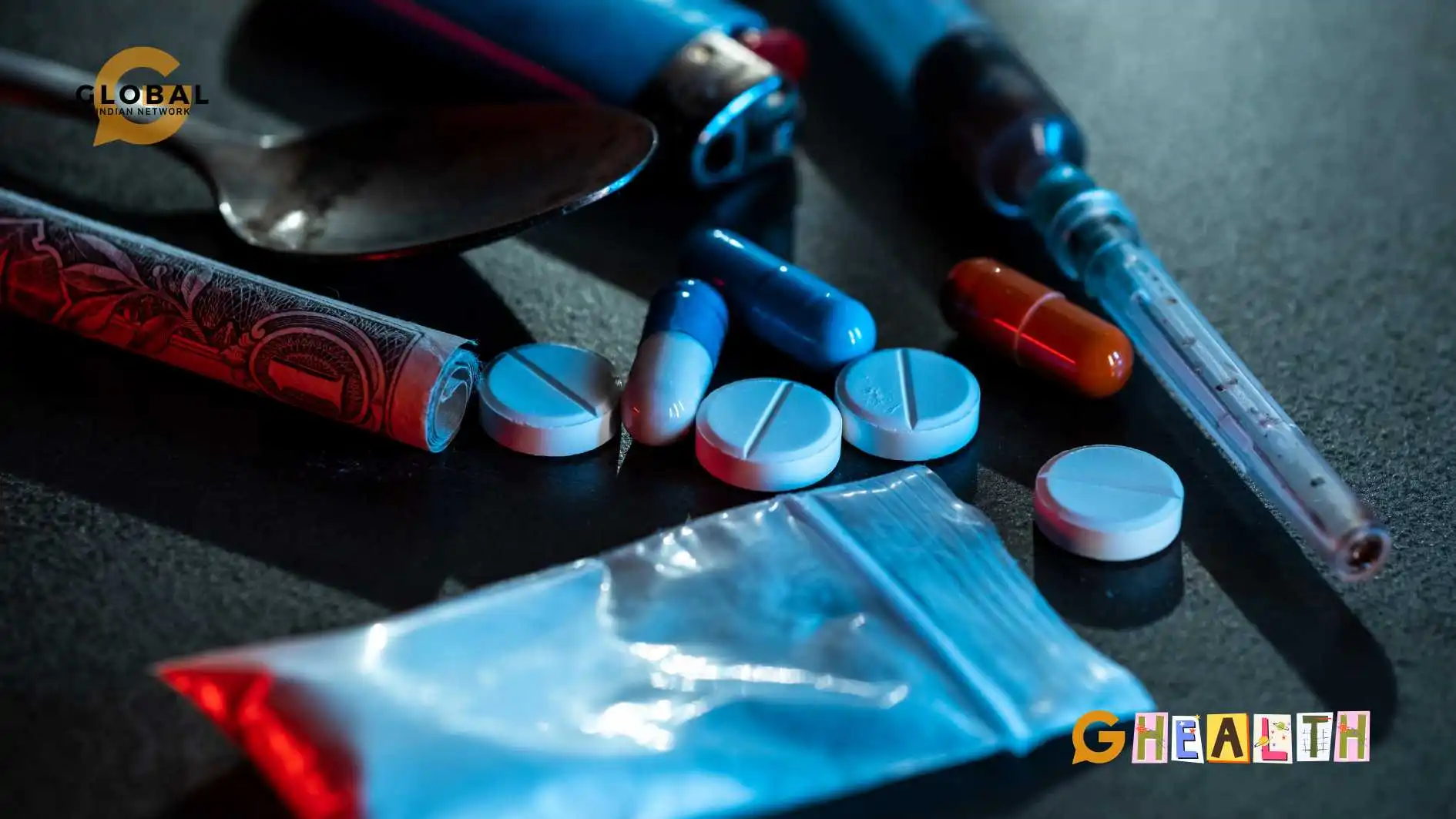
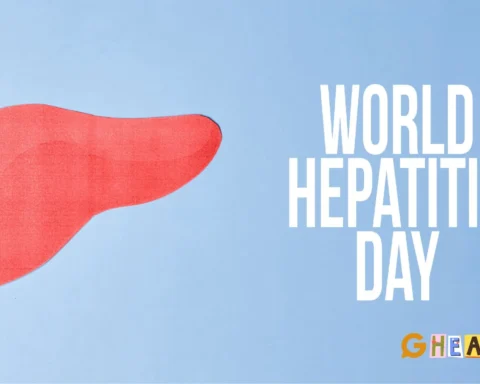
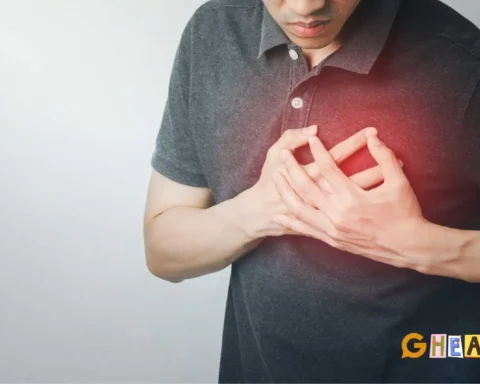
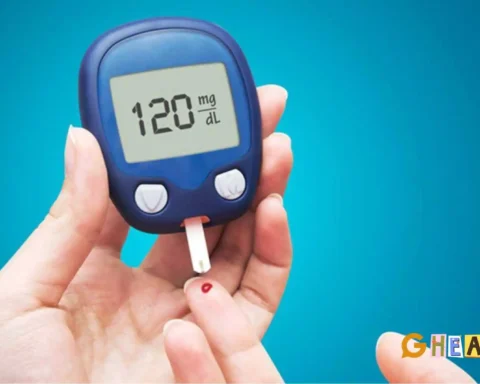
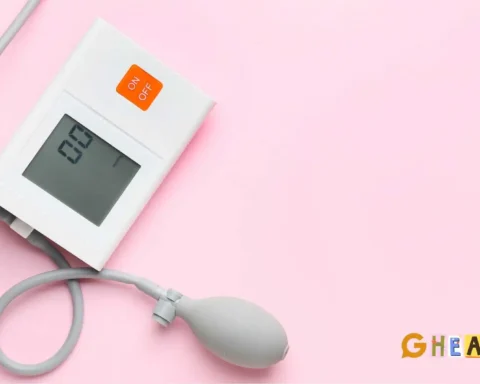
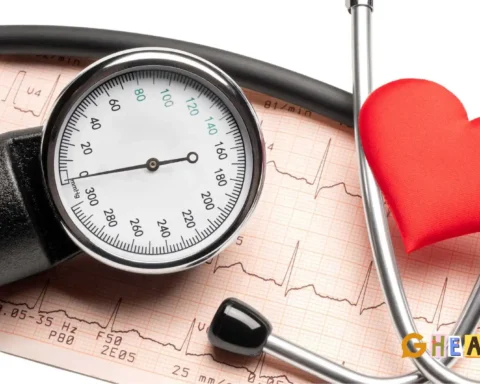

[…] circles – inner, middle, and outer. It visually represents an individual's journey, inward out, in addiction recovery, indicating that proximity to the centre increases the risk of […]
[…] is the world's largest supplier of generic medications, accounting for 20% of global supply. These drugs are crucial in making healthcare more accessible and affordable globally. India's pharmaceutical […]